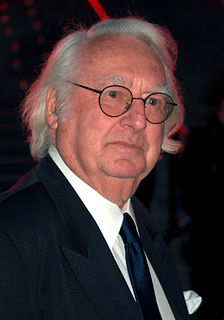A Quote by Michael Sandel
I find this in all these places I've been travelling - from India to China, to Japan and Europe and to Brazil - there is a frustration with the terms of public discourse, with a kind of absence of discussion of questions of justice and ethics and of values.
Related Quotes
The thing that makes me most optimistic is China and India - both of them doing well. It's amazing how much progress there's been in China, and also India. Those are the places that really matter - they're half of the world's population. They're the places where things are enormously better now than they were 50 years ago. And I don't see anything that's going to stop that.
I look to Islamic ethics to find something that can provide the basis for shared values with other traditions, and ultimately universal values. This ties into the point I made in a book, 'The Quest for Meaning', that the only way for values to be universal is if they are shared universal values. My main point is, in this quest for value the aim is not to express your distinctness from others, but about being able to contribute to the discussion of universal value.
In terms of building consumer products, the U.S. and China are ahead of India. The interesting opportunity for India is whenever there is a disruption in technology, it gives every country a chance to leapfrog and take a lead. To take an example, China is leaping ahead in growing the China electric vehicle ecosystem.









































